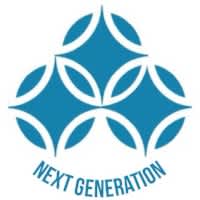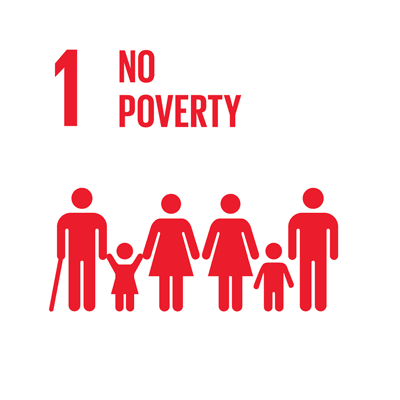Implementing the 2030 Agenda for Sustainable Development in Canada and the world
In 2015, world leaders adopted the United Nations’ 2030 Agenda for Sustainable Development. The 2030 Agenda, which introduced 17 Sustainable Development Goals (SDGs), sets out a transformative plan for people and the planet. It aims to promote shared prosperity, environmental sustainability and progress on sustainable development that leaves no one behind. Realizing the ambitions of the 2030 Agenda requires a whole-of-society approach. Governments, citizens, civil society organizations, academia and the private sector all have roles to play in contributing to sustainable development outcomes.
Cooperation Canada contributes to the successful implementation of the 2030 Agenda in Canada and the world through research and analysis that focuses on identifying and promoting good practices that governments, civil society organizations and others can use to inform their efforts. We are also a proud member of Alliance 2030, Canada’s national network of organizations, institutions and individuals committed to achieving the 17 SDGs by 2030.
2030 Agenda Resources and Publications
Global civil society review of efforts to progress national SDG implementation
Good Practice in 2030 Agenda Implementation Series


Multi-stakeholder engagement in 2030 Agenda implementation (2020)
Cooperation Canada partnered with the United Nations Department of Economic and Social Affairs to research how governments engage with diverse stakeholders to implement the 2030 Agenda for Sustainable Development. The 2030 Agenda calls on governments to apply a whole-of-government and a whole-of-society approach to realizing the Sustainable Development Goals. Based on a review of countries reporting to the High-level Political Forum on Sustainable Development over 2016-2019, the study identified trends and country experiences with respect to multi-stakeholder engagement. The report showcases 10 lessons to inform inclusive and participatory approaches to 2030 Agenda implementation.
Academic-civil society partnerships in support of the 2030 Agenda
For more information on this initiative, check out the NextGen Database.

Articles and Media
Multi-stakeholder engagement in 2030 agenda implementation
CCIC partnered with the United Nations Department of Economic and Social Affairs to research how governments engage with diverse stakeholders to implement the 2030 Agenda for Sustainable Development. The 2030 Agenda calls on governments to apply a whole-of-government and a whole-of-society approach to realizing the Sustainable Development Goals. Based on a review of country reporting to the High-level Political Forum on Sustainable Development over 2016-2019, the study identified trends and country experiences with respect to multi-stakeholder engagement. The report showcases 10 lessons to inform inclusive and participatory approaches to 2030 Agenda implementation.

Podcast: The Sustainable Development Goals and Canada’s National Strategy for the 2030 Agenda
In this episode of Development Unplugged, Nicolas Moyer, President and CEO of CCIC, hosts a conversation about the international Sustainable Development Goals (SDGs), the development of Canada’s National Strategy to address them and how civil society is engaging to meet these goals

Four must haves for Canada’s 2030 Agenda National Strategy
On May 15, 2019, the Government of Canada closed its two-month consultation on Canada’s 2030 Agenda National Strategy. Along with 192 other countries, Canada committed to the United Nations 2030 Agenda for Sustainable Development in 2015 — a bold vision to realize progress for prosperous and inclusive societies and environmental sustainability for people and the planet.

Research partnerships to realize the 2030 Agenda in Canada
The 2030 Agenda is ambitious. Reaching the Sustainable Development Goals (SDGs) requires a whole-of-society approach across sectors. Collaborative research partnerships create pathways between practice and research that advance learning towards effective sustainable development solutions.


